Knowing the truth about the war in Ukraine is vital. Russia invaded Ukraine, unprovoked, but some disinformation and fake news try to hide this fact. A lot of people living in Russia are aware of only the things that the heavily curated and biased local and national media want them to hear. But this sort of disinformation is also present online internationally, too.
Fighting back against lies, learning to recognize what’s true and what isn’t, and helping spread verified information are some of the ways that help support Ukraine. When people know the truth, they are less likely to support Putin’s bloody invasion.
Meanwhile, people on social media are sharing the ways that they’re helping Ukraine or how others can help, too. From learning to identify distracting posts for what they truly are and volunteering in a variety of ways to using even things like dating apps to educate Russians. We’ve collected their posts and their strategies to share with you, Pandas.
Bored Panda got in touch with Joseph M. Pierre, a professor of psychiatry at the David Geffen School of Medicine at UCLA, to understand how to fight back against misinformation.
“The most evidence-based intervention for misinformation is ‘inoculation’ or ‘pre-bunking’ that beats misinformation to the punch. In other words, rather than only trying to cut misinformation off at its source, there’s a need to warn people about misinformation that’s out there, ideally before they ever see it,” he said, sharing an example of an inoculation effort related to the war in Ukraine.
According to Dr. Pierre, the “holy trinity of truth detection” is made up of three pillars that include intellectual humility, cognitive flexibility, and analytical thinking. They help balance out what human beings are generally good at: disbelieving the things that we don’t want to believe.
Ordinary people came up with some brilliant ways on how we can all help Ukraine
Image credits: VladaKnowlton
People started leaving restaurant reviews with information about Russia’s invasion of Ukraine
Image credits: VladaKnowlton
Image credits: VladaKnowlton
Image credits: VladaKnowlton
Image credits: VladaKnowlton
Image credits: battenbergs
Dr. Pierre from UCLA elaborated on the three pillars of truth detection.
“Intellectual humility is about acknowledging that we can always be wrong and that all of our beliefs should be thought of as probability judgments, not absolutes,” he told Bored Panda about the first pillar.
“Cognitive flexibility means being able to take on other points of view and if not necessarily believing different perspectives, then at least being able to understand where they’re coming from.”
He continued: “Analytical thinking is […] really about slowing down and thinking skeptically before accepting information that represents what we want to believe at face value. Thanks to confirmation bias and motivated reasoning, we’re great at disbelieving the things we don’t want to believe—analytical thinking means also considering that we should disbelieve the things that we do want to believe or that confirm our preexisting beliefs and intuitions.”
Dr. Pierre suggested to Bored Panda that one way to practice our analytical thinking is “by slowing down, being skeptical, and verifying before we click, share, or re-tweet.”
Meanwhile, some women are using dating apps to spread information about the war in Ukraine to Russians
Image credits: kulagne
Image credits: kulagne
Image credits: kulagne
Image credits: kulagne
Image credits: evropaneasi
Image credits: evropaneasi
Image credits: evropaneasi
Image credits: evropaneasi
Image credits: reanroughneck
Very recently, Bored Panda spoke about how to recognize Russian propaganda about the invasion of Ukraine online, what’s being done to stop it in the West, and how to recognize disinformation with Mike Sington, a former Senior Executive at NBCUniversal. The expert in all things related to media and the news told us that the major social media platforms are working hard to eliminate propaganda online.
“Know that big tech is now taking active steps to minimize or eliminate Russian propaganda from all the major social media platforms. This ranges from Facebook and Instagram blocking Russian state-run media and actively stopping disinformation campaigns, to Twitter, which is removing manipulated content, and adding warning labels to Russian state-affiliated media,” media expert Mike told Bored Panda.
He stressed that it is very important to “proceed with caution” if you see a stand-alone social media post from a source you’re unfamiliar with or if it hasn’t been verified by the platform.
“There’s nothing more important than to get it correct,” he said that everyone should be very mindful of the information that they post about Russia’s war on Ukraine.
Even Google got involved in helping protect Ukrainians
Image credits: SarahNEmerson
Image credits: SarahNEmerson
Image credits: SarahNEmerson
“If you’re unsure, don’t post. If you make a mistake, correct it. Double-check your information before posting with legitimate, mainstream, international news organizations. Avoid country-specific outlets,” he said how people should approach information on social media these days.
“If you see a post, and you’re unsure of the accuracy, don’t repost or comment. This just feeds the algorithm that could push possibly erroneous information to more people,” Mike told us.
“I would urge the people of Russia to completely ignore the national and local news that is being fed to them within their own country. For Russian citizens, they will actually get a more accurate representation of what’s happening if they turn to the large social media platforms, where people are posting from outside Russia.”
Other social media users urge the international community to volunteer in a variety of different ways
Image credits: wired
Image credits: wired
It’s important to distinguish between information and distractions
Image credits: cossackgundi
Image credits: cossackgundi
Here are some examples of posts that distract people from what’s truly important
Image credits: noangeIcharli
Image credits: DanaHoule
Image credits: archive.ph
Image credits: amandawinnlee
Image credits: amandawinnlee
Image credits: amandawinnlee
Image credits: AdamGiovannii
Image credits: AngelaBelcamino
People are even booking Airbnb’s as a clever way to give money to Ukrainian’s
Image credits: DimaggioEth
Here are some tips on learning to recognize pro-Russian propaganda
Image credits: demilie
Image credits: demilie
Image credits: demilie
Image credits: demilie
Image credits: demilie
Image credits: demilie
It’s very important to support Ukrainian artists during these horrible times. That’s why Etsy made it really easy. You can purchase digital downloads that don’t require physical order fulfilments or shipping
Here is ho you do that
I agree with all the whataboutisms, except for one. There is a very real problem with racism at the borders of the Ukraine. That doesn't mean that we shouldn't talk about the war, or take in refugees, but we need to take in every refugee (including Black people or people without a Ukrainian passport). Those things need to be talked about also.
The thing is, we need to worry about the war and lives being lost primarily.
Load More Replies...I also like this idea to directly support Ukrainian artists Support-Uk...e8a672.jpg 
I didn't think about this one!! Looks like friends are getting Ukrainian made crafts for gifts. Thanks for the suggestion 💖
Load More Replies...I agree with all the whataboutisms, except for one. There is a very real problem with racism at the borders of the Ukraine. That doesn't mean that we shouldn't talk about the war, or take in refugees, but we need to take in every refugee (including Black people or people without a Ukrainian passport). Those things need to be talked about also.
The thing is, we need to worry about the war and lives being lost primarily.
Load More Replies...I also like this idea to directly support Ukrainian artists Support-Uk...e8a672.jpg 
I didn't think about this one!! Looks like friends are getting Ukrainian made crafts for gifts. Thanks for the suggestion 💖
Load More Replies...
 Dark Mode
Dark Mode 

 No fees, cancel anytime
No fees, cancel anytime 






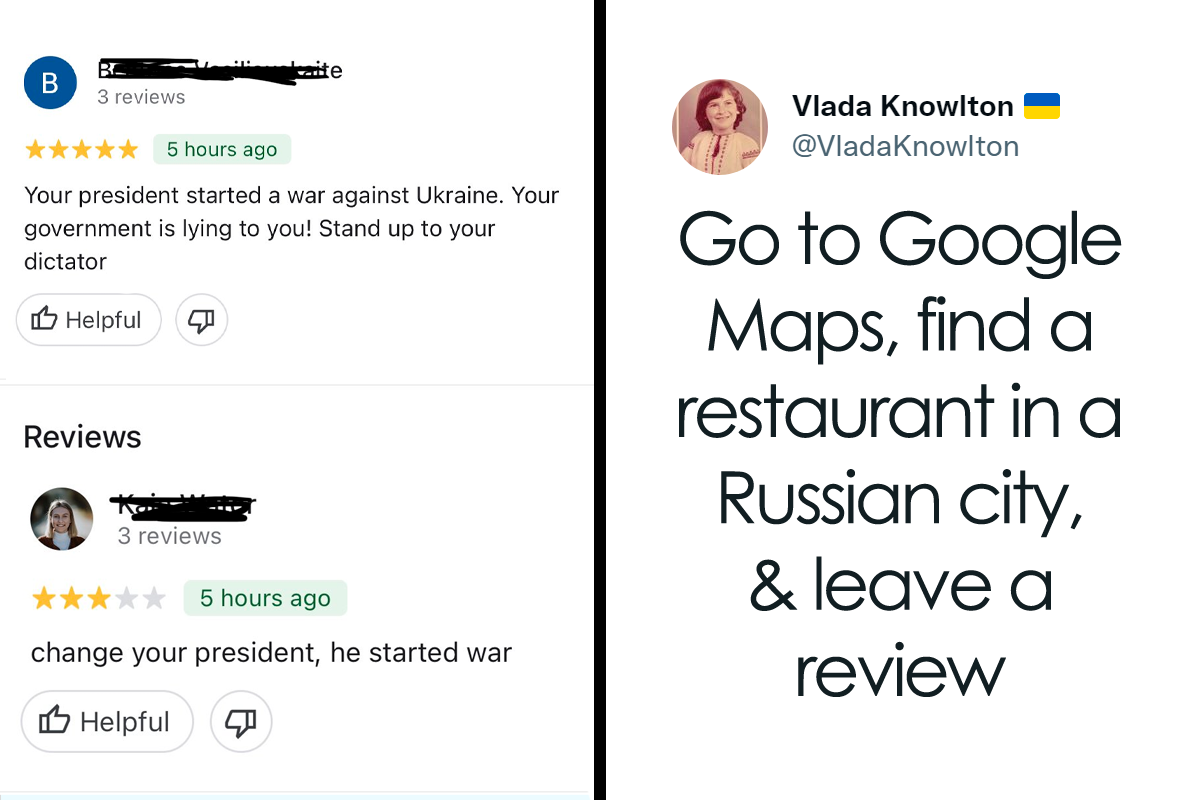
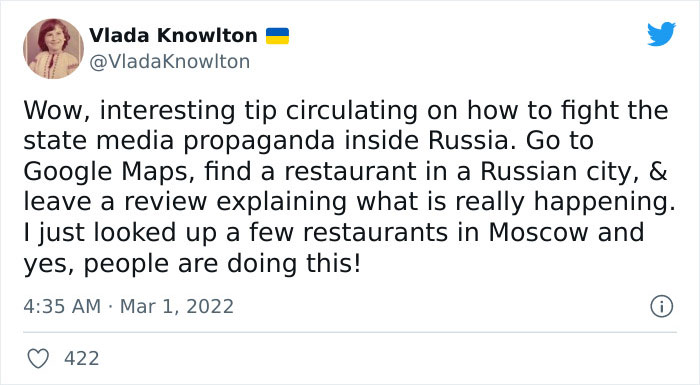
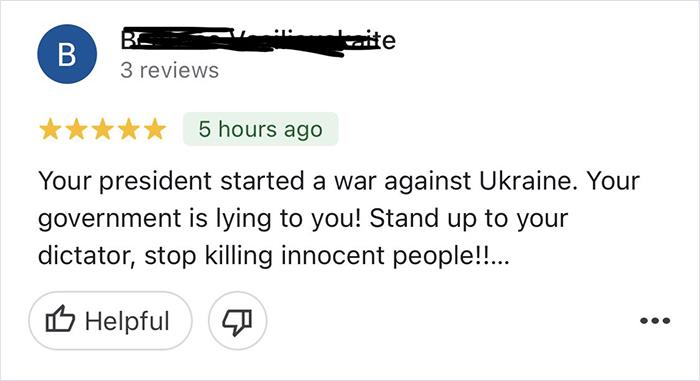
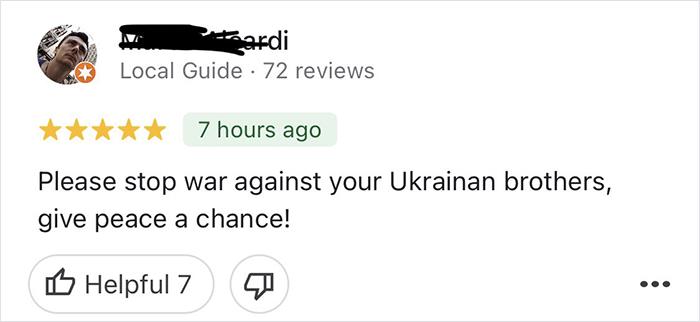
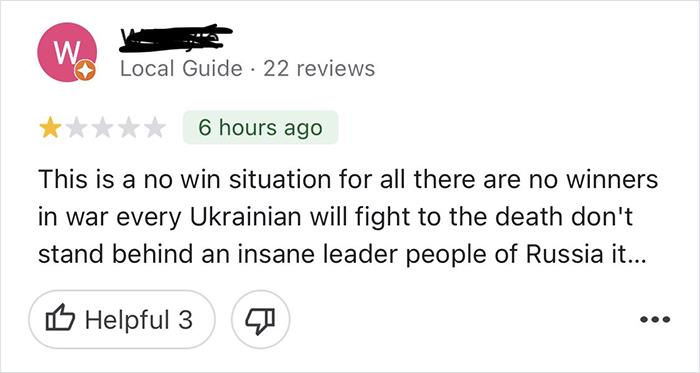
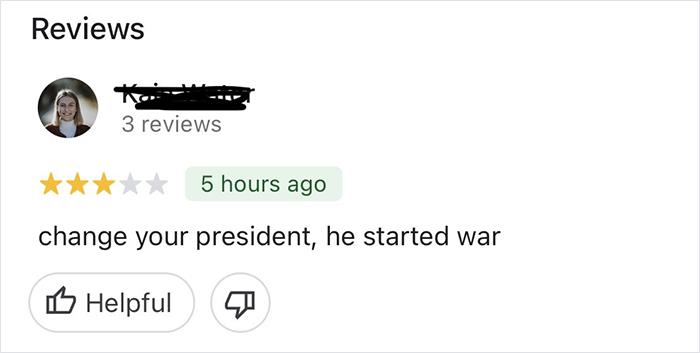
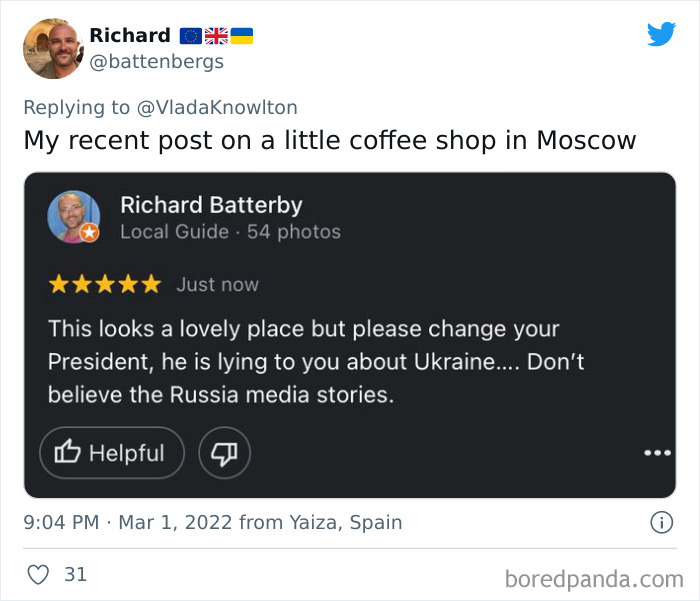
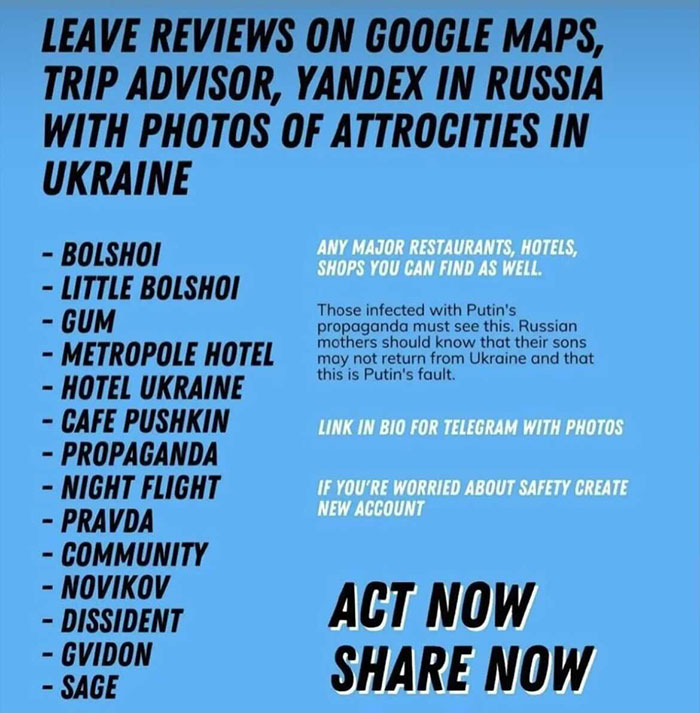

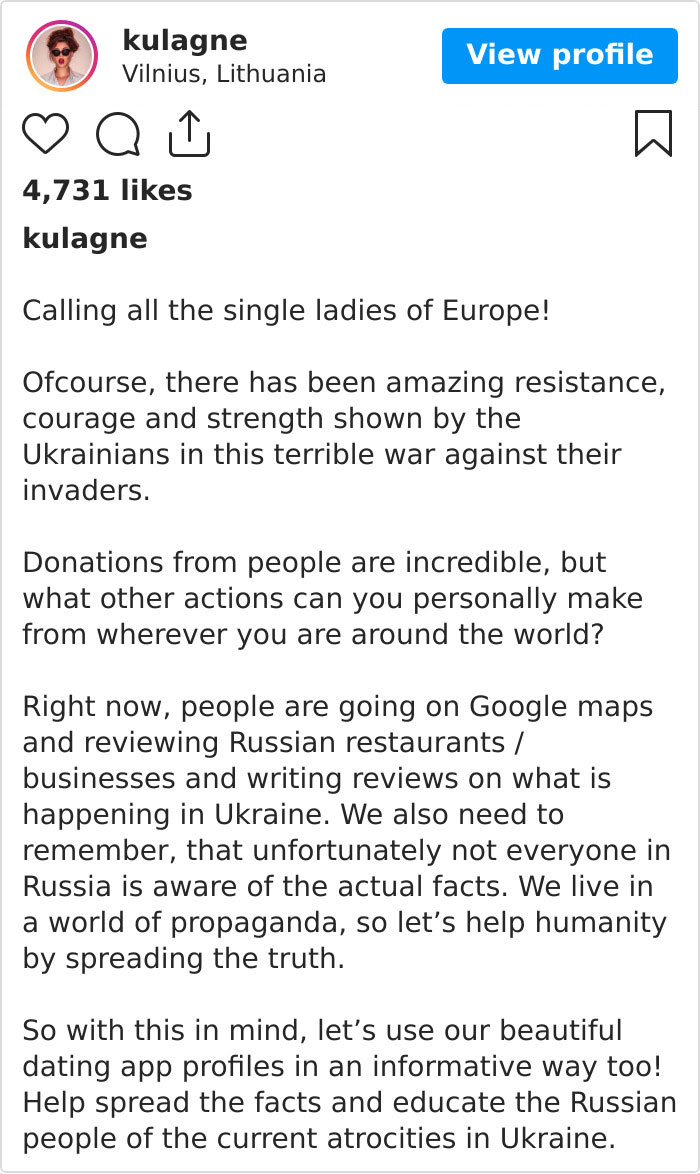

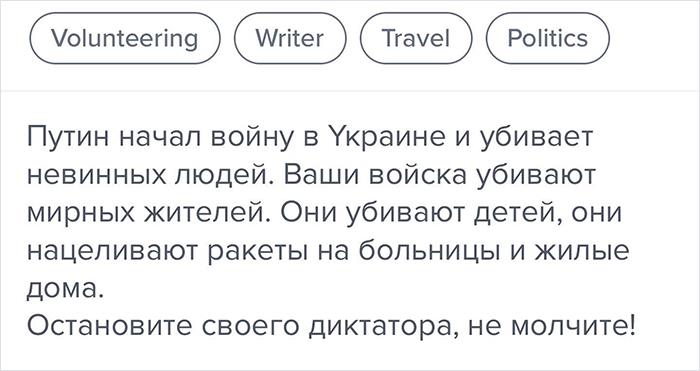
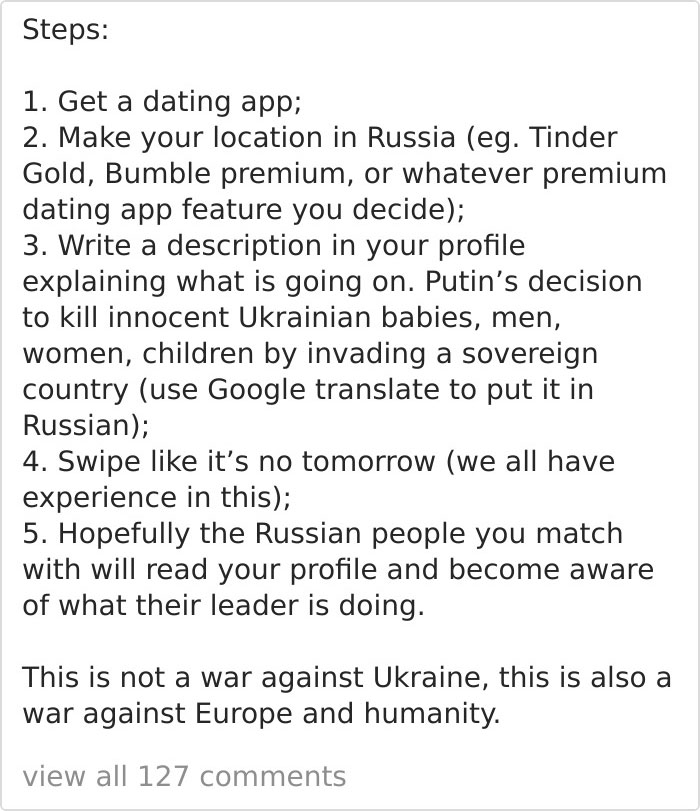
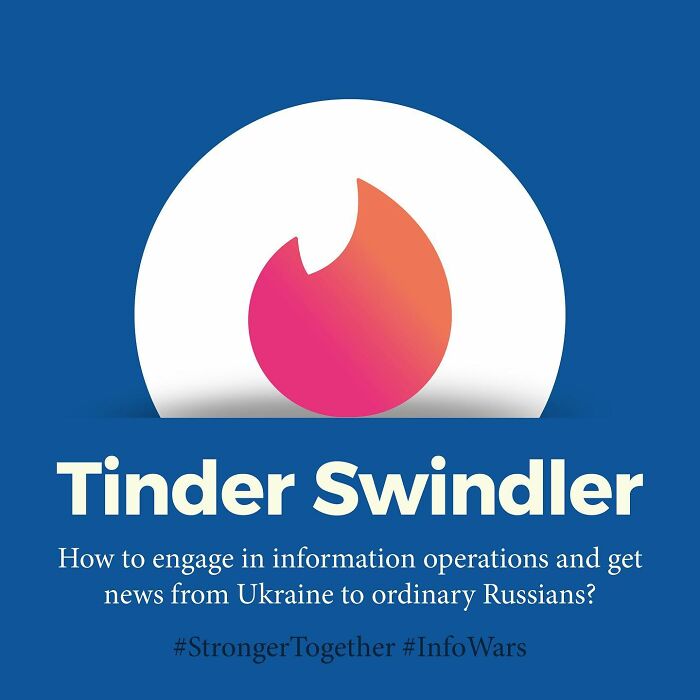
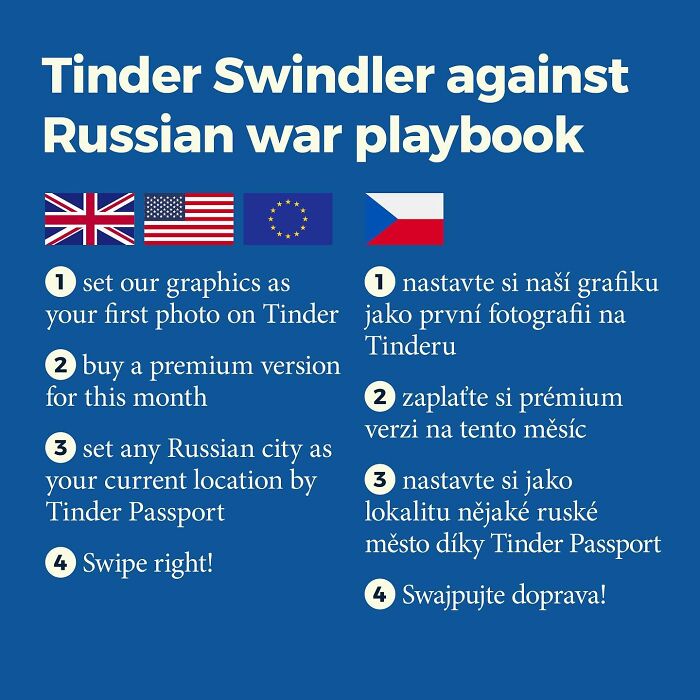
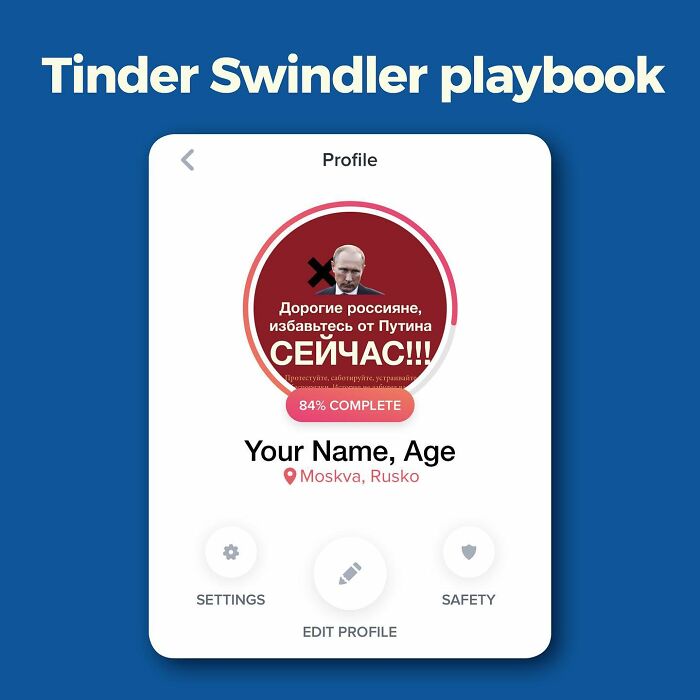
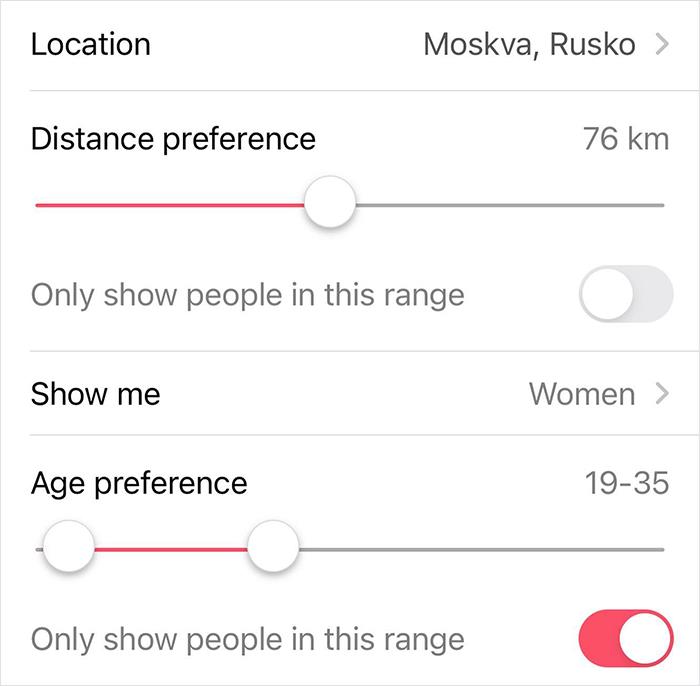
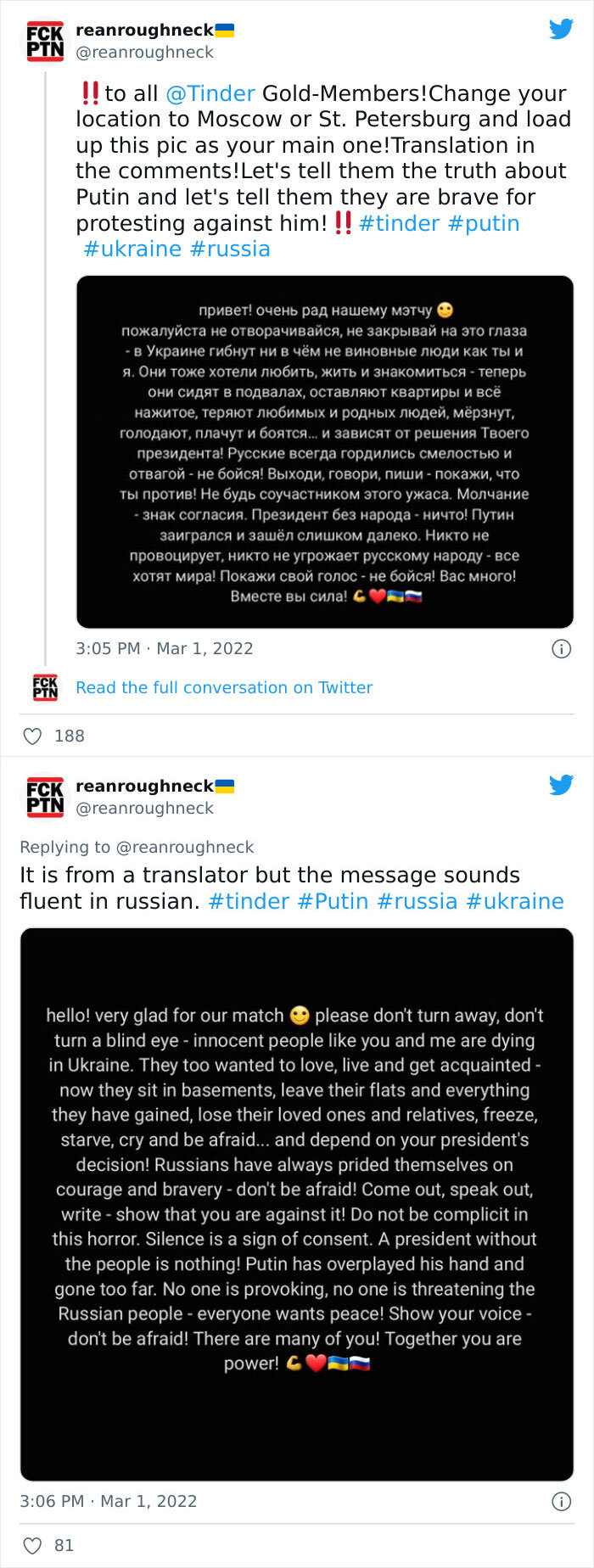
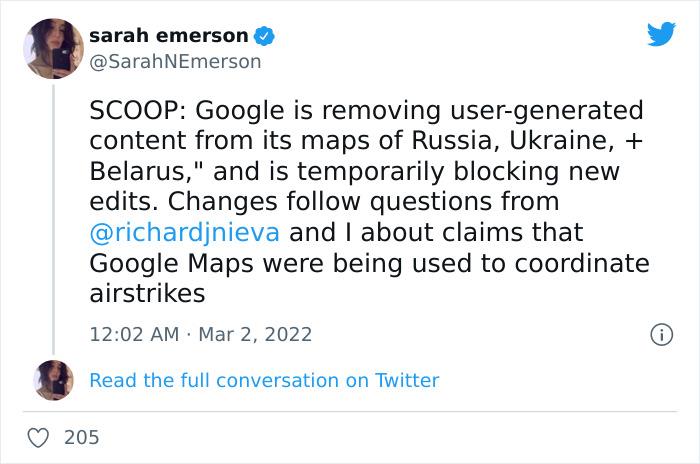
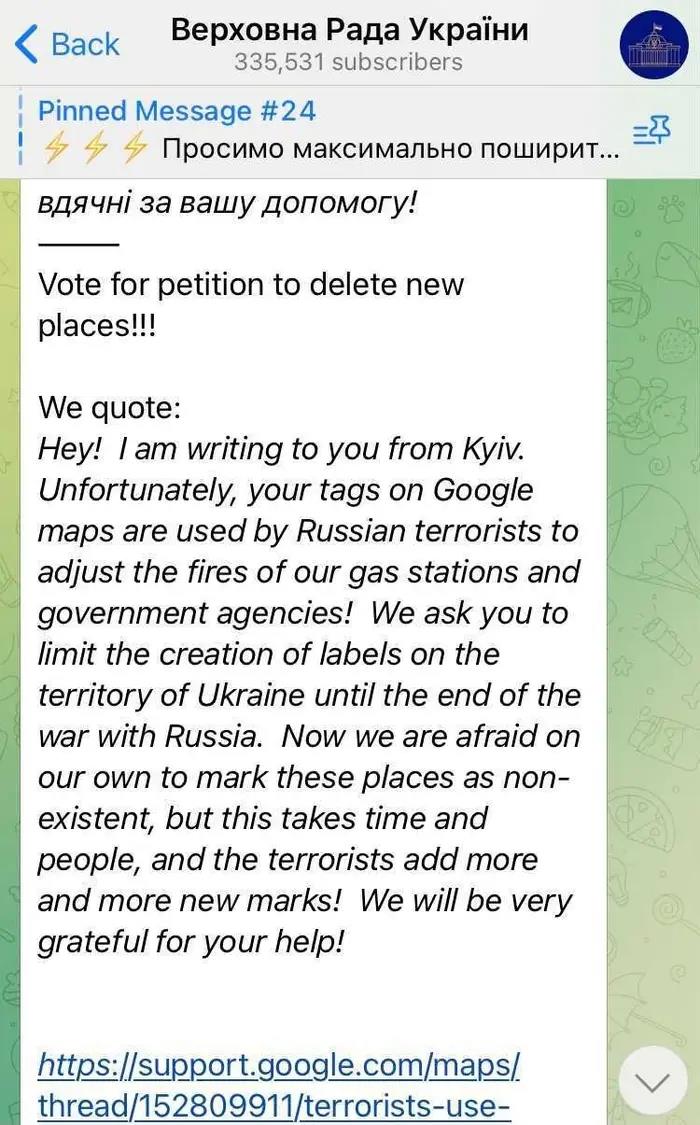
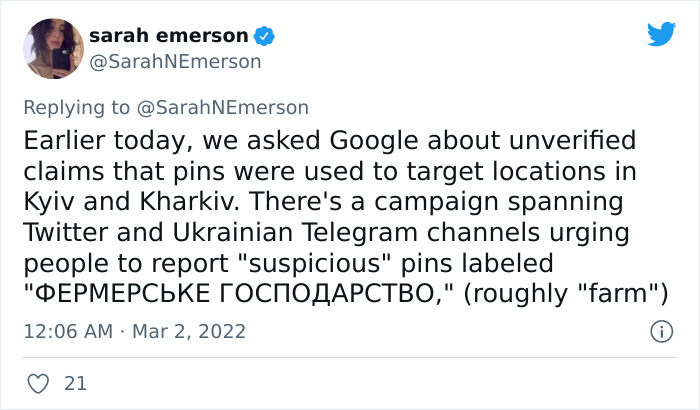
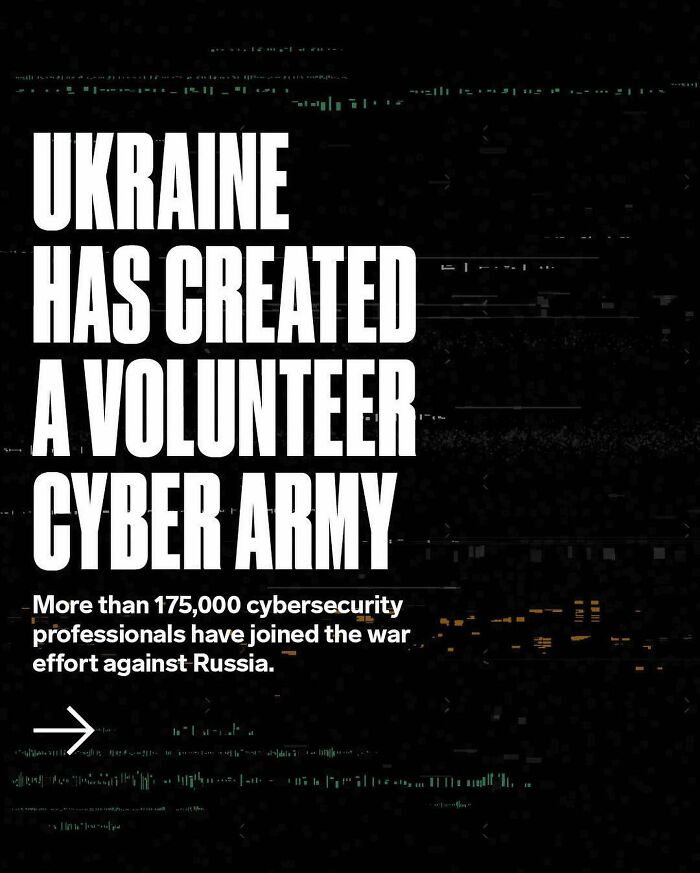
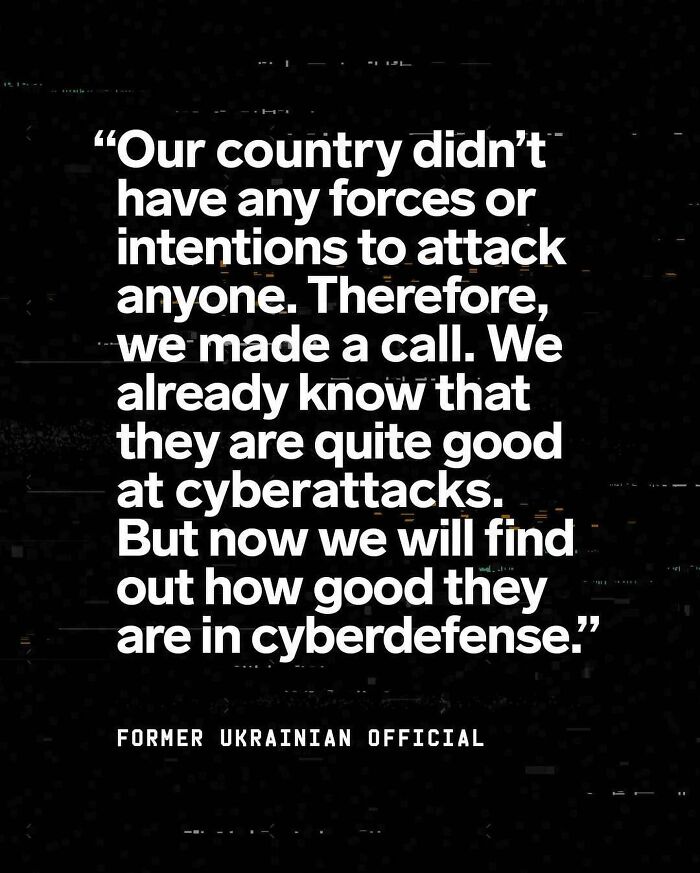
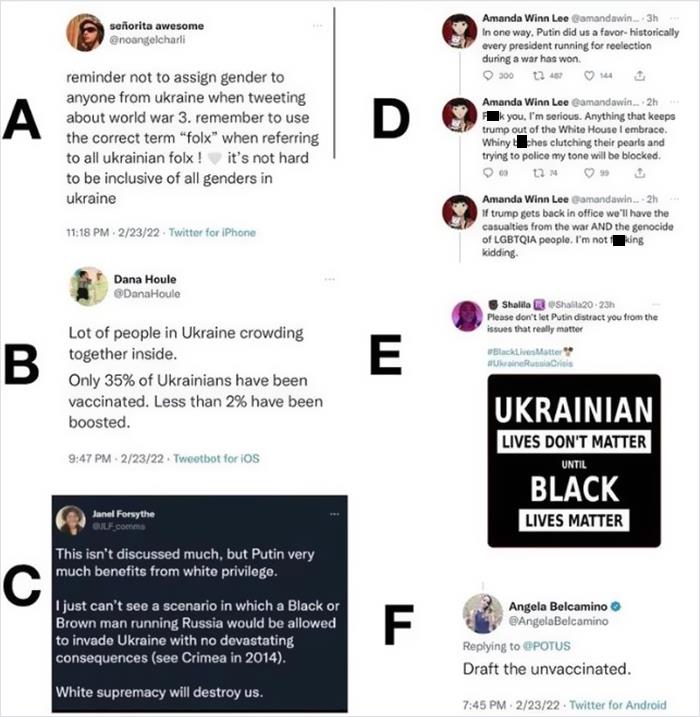





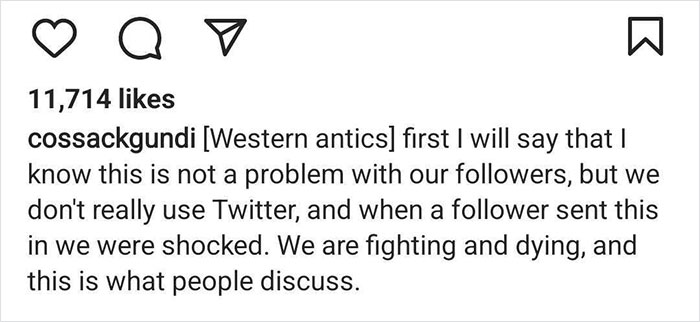




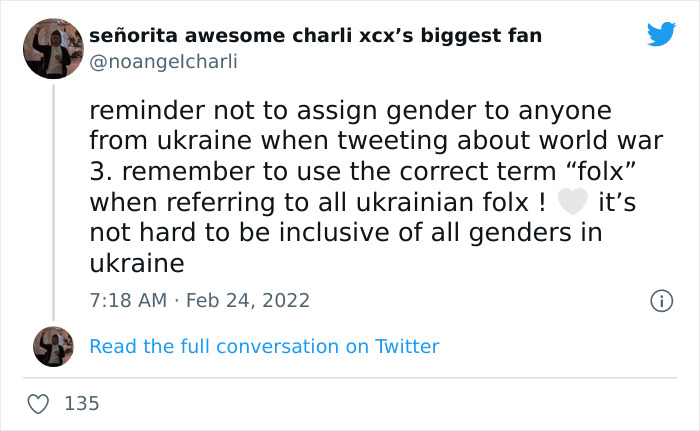
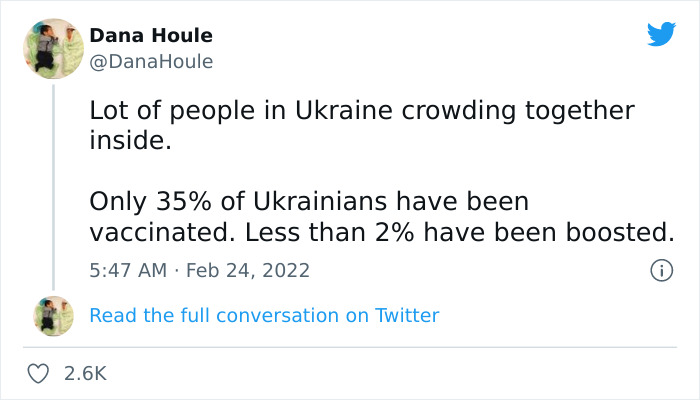

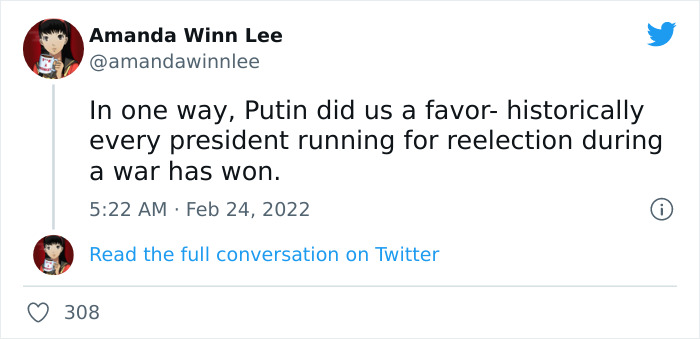
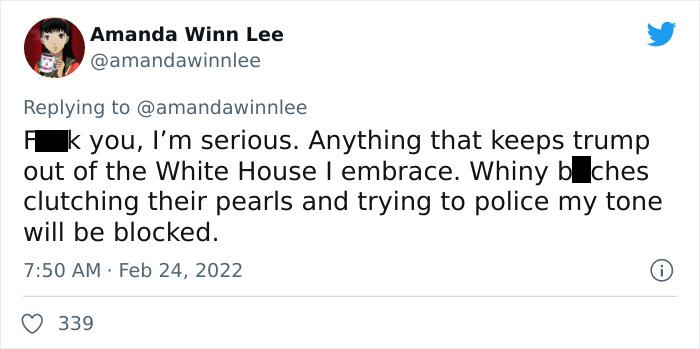

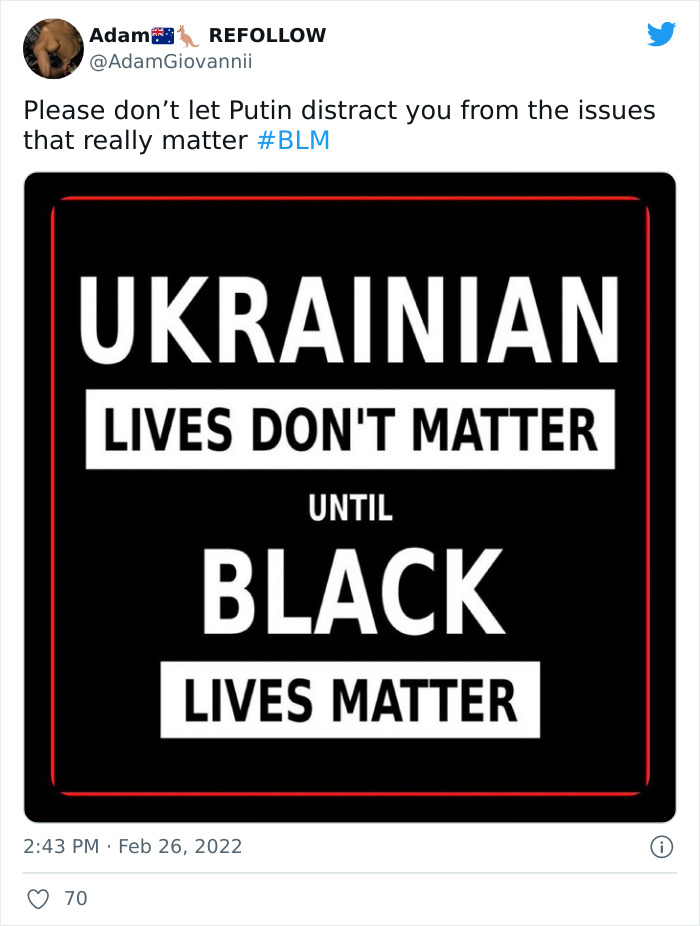
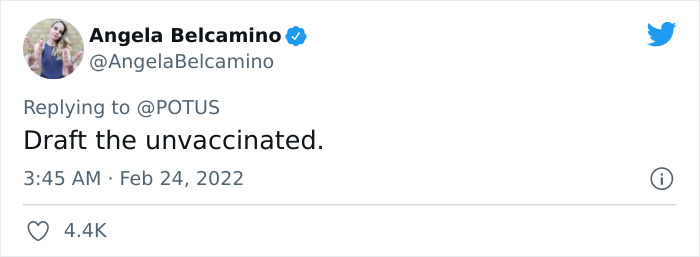

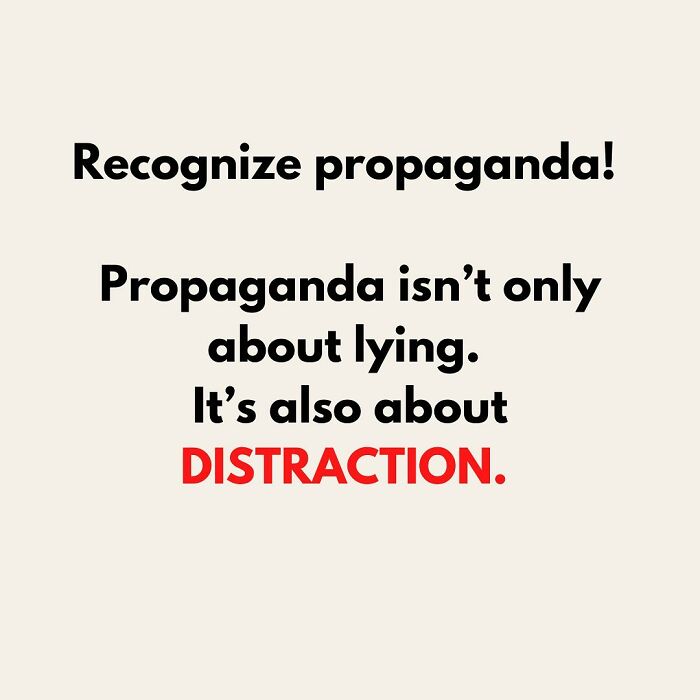
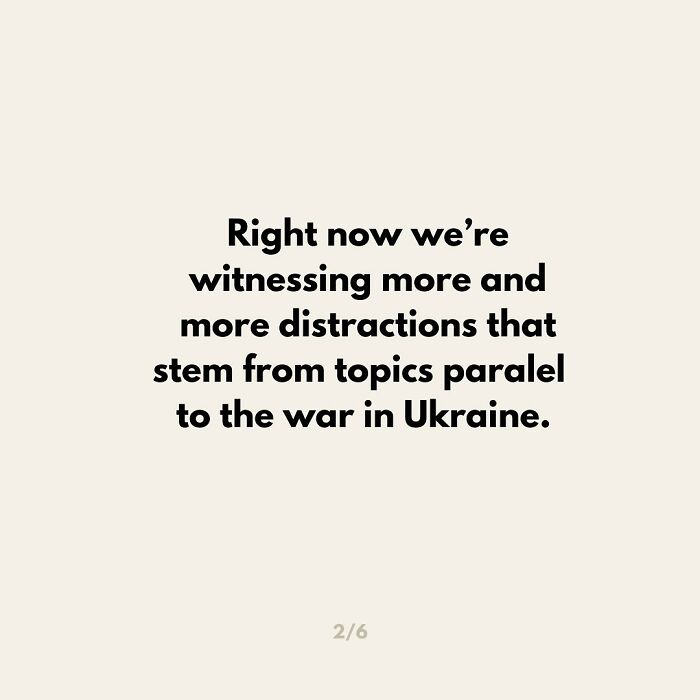
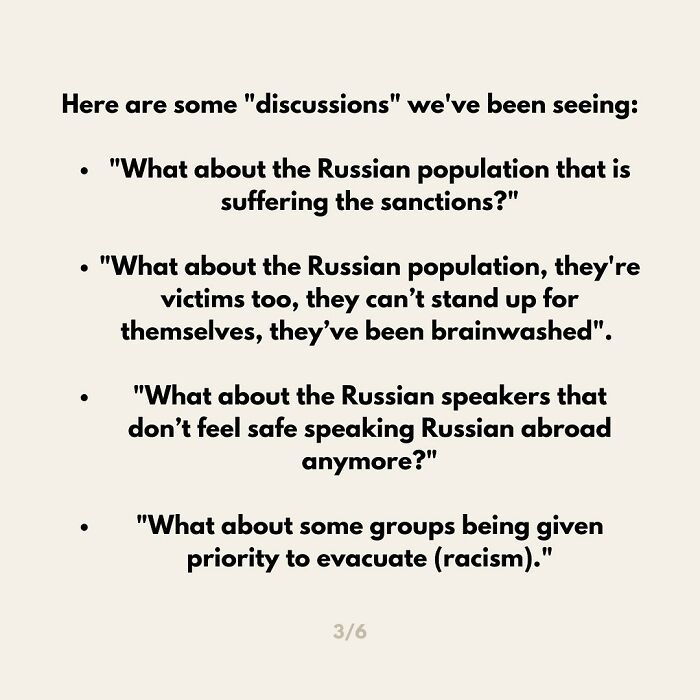
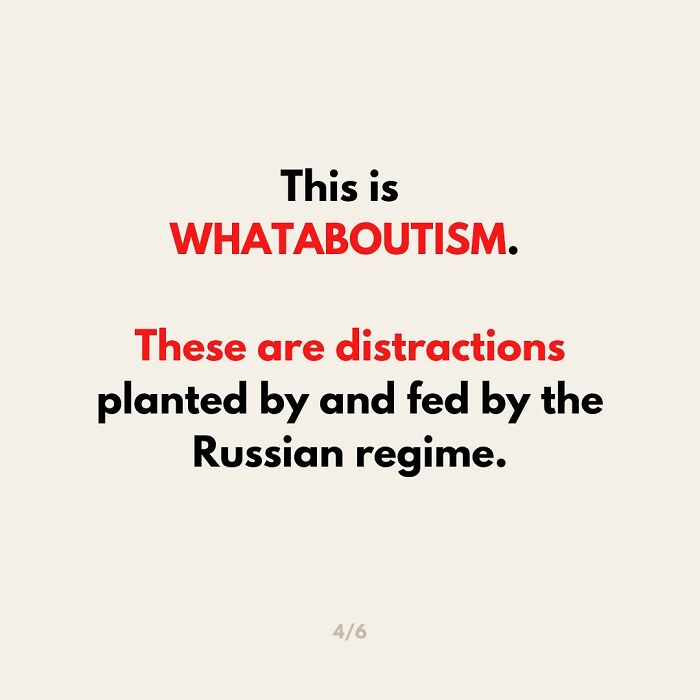
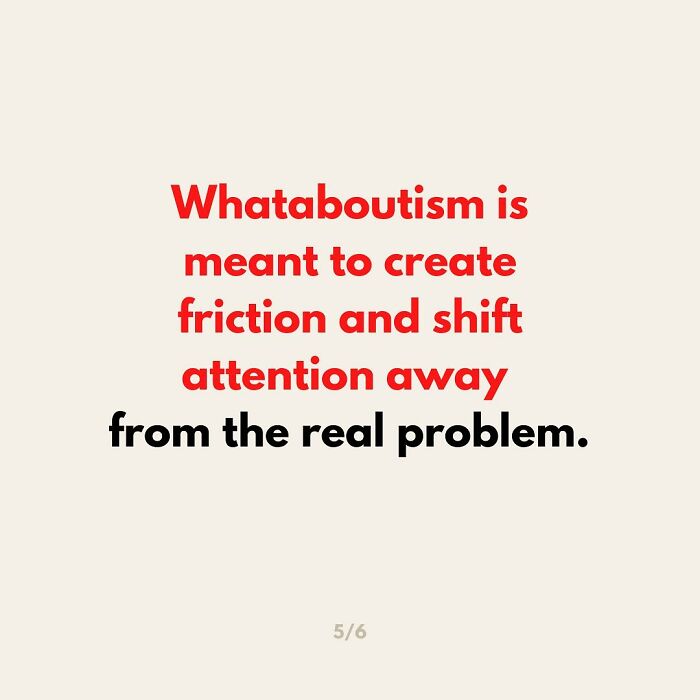
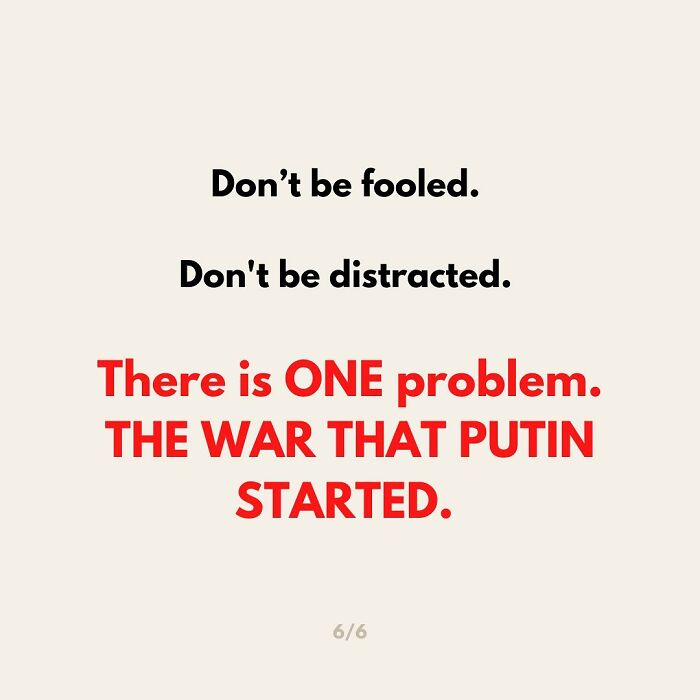

















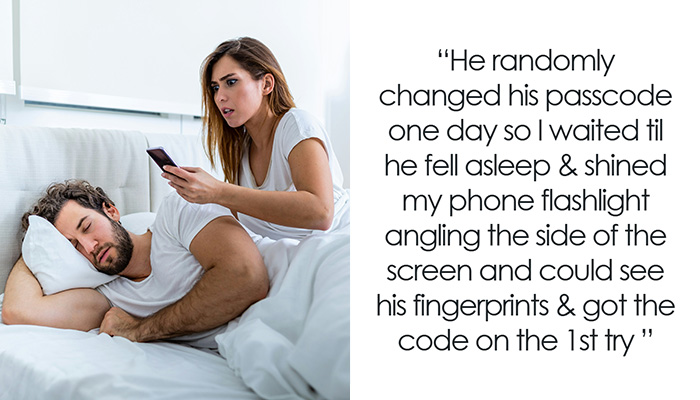








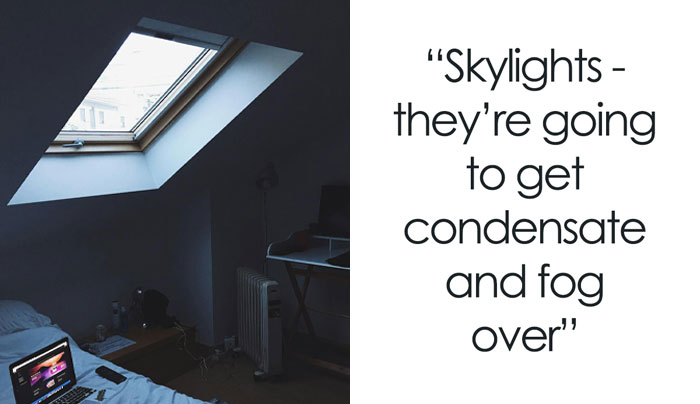


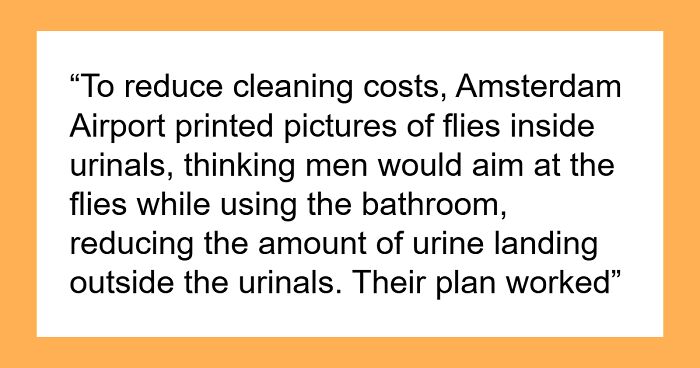















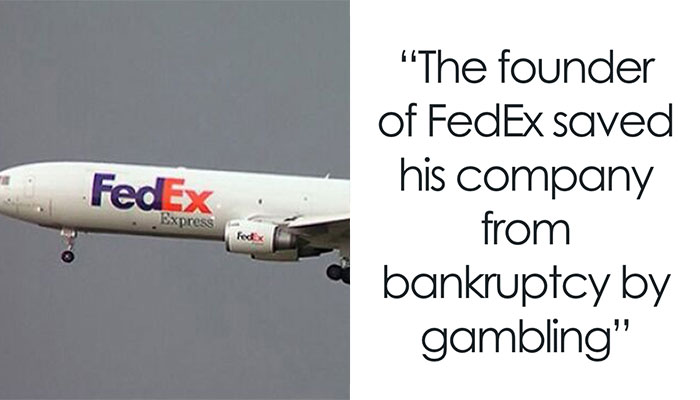


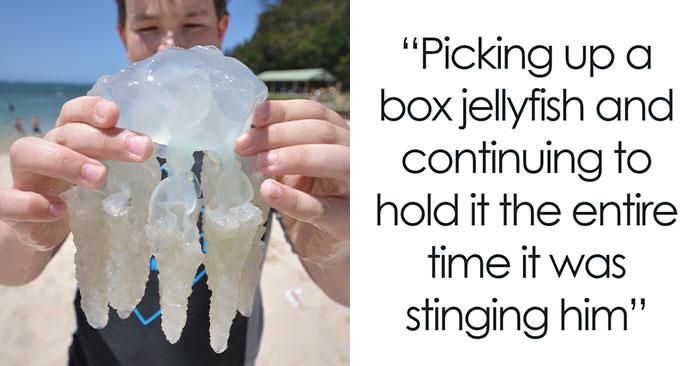
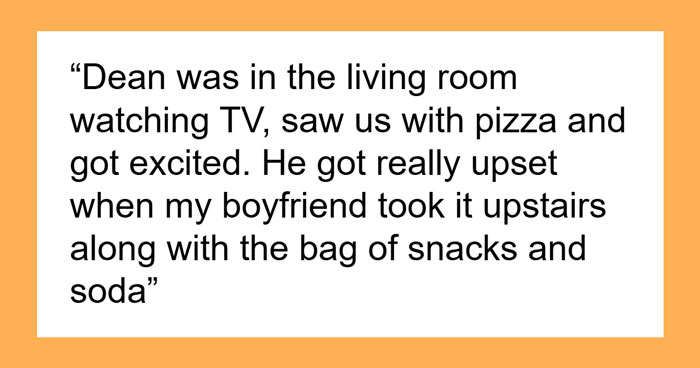
186
55